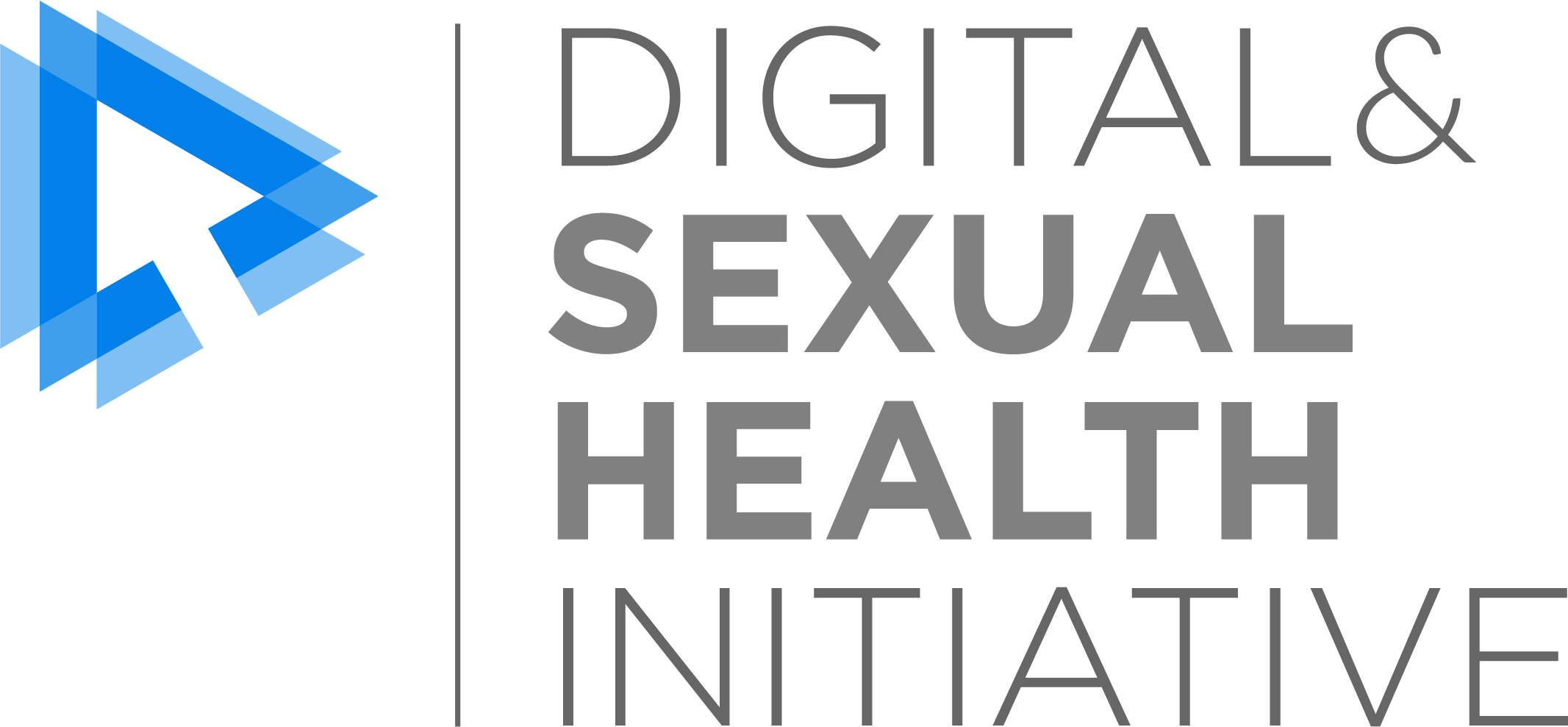Defining the Scope of Digital Public Health and Its Implications for Policy, Practice, and Research: Protocol for a Scoping Review
Research theme(s)
Digital Health
Ihoghosa Iyamu, Oralia Gómez-Ramírez, Alice X T Xu, Hsiu-Ju Chang, Devon Haag, Sarah Watt, Mark Gilbert.
JMIR Research Protocol. 2021;10(6):e27686.
Background:
There has been rapid development and application of digital technologies in public health domains, which are considered to have the potential to transform public health. However, this growing interest in digital technologies in public health has not been accompanied by a clarity of scope to guide policy, practice, and research in this rapidly emergent field.
Objective:
This scoping review seeks to determine the scope of digital health as described by public health researchers and practitioners and to consolidate a conceptual framework of digital public health.
Methods:
The review follows Arksey and O’Malley’s framework for conducting scoping reviews with improvements as suggested by Levac et al. The search strategy will be applied to Embase, Medline, and Google Scholar. A grey literature search will be conducted on intergovernmental agency websites and country-specific websites. Titles and abstracts will be reviewed by independent reviewers, while full-text reviews will be conducted by 2 reviewers to determine eligibility based on prespecified inclusion and exclusion criteria. The data will be coded in an iterative approach using the best-fit framework analysis methodology.
Results:
This research project received funding from the British Columbia Centre for Disease Control Foundation for Population and Public Health on January 1, 2020. The initial search was conducted on June 1, 2020 and returned 6953 articles in total. After deduplication, 4523 abstracts were reviewed, and 227 articles have been included in the review. Ethical approval is not required for this review as it uses publicly available data.
Conclusions:
We anticipate that the findings of the scoping review will contribute relevant evidence to health policy makers and public health practitioners involved in planning, funding, and delivering health services that leverage digital technologies. Results of the review will be strategically disseminated through publications in scientific journals, conferences, and engagement with relevant stakeholders.
